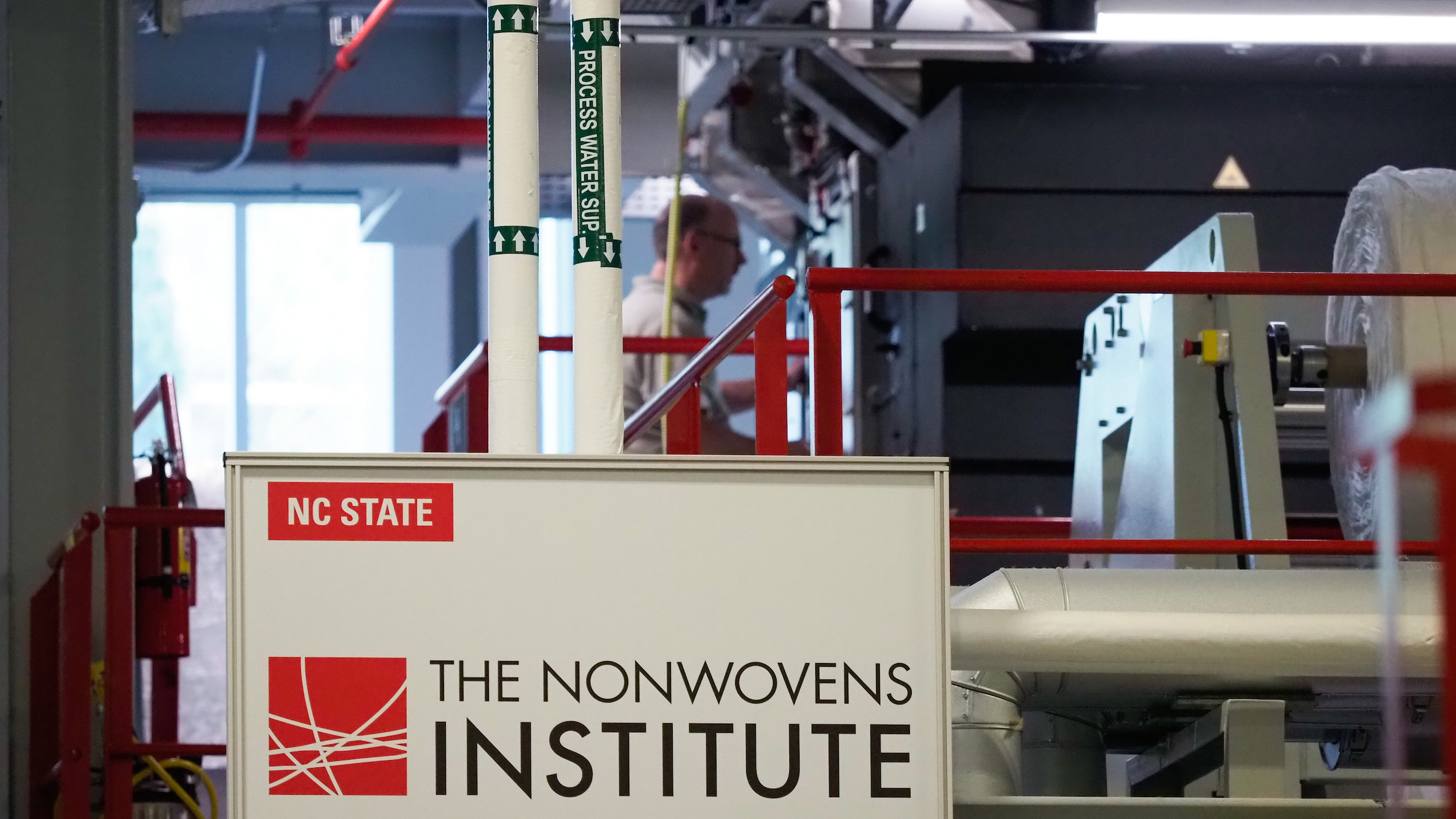NSRP Winners Announced
Six projects will receive funding from the 2019 cycle of the Non-laboratory Scholarship/Research Support Program (NSRP).
Collaboratively funded by the Office of Research and Innovation and the Office of the Executive Vice Chancellor and Provost, the NSRP supports the needs of scholars and researchers in disciplines that are not driven by instrument-dependent or lab-based research.
The program supports both single- and multi-person projects, but priority is given to interdisciplinary teams. Moreover, the NSRP aims to create or acquire resources with the potential to support multiple scholarly or research efforts that go beyond the life of an individual project.
Read about the winning projects:
“Successful aging: Examining senior sport based on physical activity, psychosocial benefits, and injury prevalence”
Lead Principal Investigator: Jonathan Casper, College of Natural Resources
Co-Investigator: Jason Bocarro, College of Natural Resources; Thomas Hess, College of Humanities and Social Sciences
Synopsis: Regular exercise benefits people of all ages and can lead to a longer life. And playing sports has been shown to provide not only physical but psychological and social benefits, too. However, it can be harder to stay active as we get older. NSRP funding will provide the Department of Parks, Recreation and Tourism Management’s Health and Well-Being Research Initiative the equipment and expanded capability it needs to investigate the efficacy of sport for older adults. Part of the funding will be used to purchase FitBits that will be worn by seniors who play pickleball at public recreational centers in the Raleigh area. In addition to measuring physical activity, the researchers aim to examine injury prevalence and indicators of psychosocial benefits.
“Military Health and Well-Being Project”
Lead Principal Investigator: Sarah Desmarais, College of Humanities and Social Sciences
Co-PI: Sam Cacace, College of Humanities and Social Sciences
Co-Investigators: Min Chi, Julie Ivy and Maria Mayorga, College of Engineering; Bruce McDonald, College of Humanities and Social Sciences; Eric Laber, College of Sciences
Synopsis: One in four people who’ve served or had family serve in the military experiences clinical-level mental health problems. Yet the distinct health and well-being needs of this population have been relatively understudied. As it stands, there is no large-scale survey of military service members and veterans’ health and well-being that is publicly available. What’s more, all existing sources of data are now outdated and irreflective of contemporary perspectives and experiences. To better understand how to serve those who’ve served in the military, NSRP funding will be used to create a nationally representative database and establish a baseline knowledge of military health and well-being. The ultimate goal is to identify ways to promote help-seeking behaviors, as well as priorities in future research.
“Trauma Informed Practice Support in Schools and Communities: Collaboration between Education and Social Work”
Lead Principal Investigator: Qiana Cryer-Coupet, College of Humanities and Social Sciences
Co-Investigator: Angela Wiseman, College of Education
Synopsis: Across the country, new graduates in the fields of social work and education report that they feel underprepared to help people deal with family trauma. Further, it’s unclear how social workers and teachers’ personal experiences of family trauma may affect their abilities to help others cope with it. NSRP funding will be used to conduct a national survey of 800 teachers and social workers, from which select respondents will be recruited for audiotaped focus group sessions. The data collected will be used to study the family-trauma experiences of these teachers and social workers, as well as their professional preparation and perceived needs for better support and interprofessional collaboration.
“Purchasing U.S. Equity Data to Help Develop Modern Financial Econometrics and Statistics Methods”
Lead Principal Investigator: Denis Pelletier, Poole College of Management
Co-PIs: Zheng Li, College of Agriculture and Sciences; Mehmet Caner and Ilze Kalnina, Poole College of Management; Tao Pang, College of Sciences
Synopsis: Algorithmic trading’s rise in popularity has dramatically altered the behavior of the stock market. Because computer algorithms rapidly pick up on trends, a domino effect can occur in either direction when a certain stock starts heating up or begins to tank. As a result, even blue chip stocks can become much more volatile than once before. To support research in risk assessment and portfolio management, NSRP funding will be used to update an existing U.S. equity transaction database with a dataset of high-frequency stock prices.
“Visualizing Community College Data for Research-Driven Practice”
Lead Principal Investigator: Audrey Jaeger, College of Education
Co-PI: Melissa Whatley, College of Education
Synopsis: North Carolina’s community colleges are essential to the economic mobility of its citizens, providing over 680,000 students each year access to top-notch degree and continuing-education programs. NC State’s Belk Center for Community College Leadership and Research was created to help community-college leaders solve the critical problems of practice they face today. NSRP funding will provide the Belk Center’s team access to Tableau — a robust data visualization tool they’ll use to better communicate research results to leaders of community colleges. Tableau will visualize data that calls attention to indicators of student success, including campus climate, transfer and completion outcomes, economic strengths and opportunities in the region, and more.
“Archive of Agricultural Genetic Engineering and Society”
Lead Principal Investigator: Matthew Booker, College of Humanities and Social Sciences
Co-PIs: Fred Gould, College of Agriculture and Life Sciences; Jennifer Kuzma, College of Humanities and Social Sciences
Synopsis: NC State is uniquely positioned to document the budding history of agricultural biotechnology. Our university is not only a pioneer in this emerging field and a long-renowned leader in agricultural education and research, but it’s also home to the Genetic Engineering and Society Center. NSRP funding will help continue the creation of a historical archive of the technological development and societal context of the early years in genetic engineering in agriculture. Featuring interviews with genetic engineers, regulators and critics, the videos and transcripts will be housed in an online archive used by the NC State University Libraries for education, engagement and research.
- Categories:



